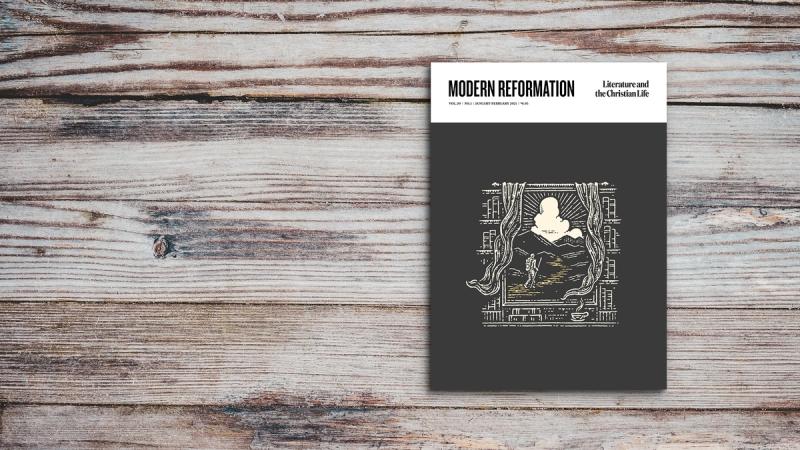In 2016, The Economist Espresso asked an intriguing question on April 23, Shakespeare’s birthday: “Would you agree that you find Shakespeare relevant today?” The survey found that in Brazil (85 percent) and Mexico (82 percent), the answer was yes, followed close behind by India, China, Turkey, and South Africa. Yet only half of British and American respondents agreed. Was this imperialism at work? Or did people all around the world truly find Shakespeare appealing?
For a couple of generations now, Western literature departments have been embarrassed by their own “classics.” After all, why should we perpetuate the colonialism of past ages? Meanwhile, conservatives have been working tirelessly like monks, trying to save the “Western canon” from another “Dark Ages.” Although the ill effects of colonialism endure and criticism of that legacy remains important, it appears that the time may soon be upon us when many aspiring associate professors in the Western academy no longer know their own culture well enough to be able to offer informed analysis of what colonialism even means.
Much thoughtful work has been done by classical, especially Christian classical, schools to remedy this over recent decades. Is enough being done, however, to incorporate non-European classics into our humanities’ canon? There are scores of traditional folktales and modern stories from around the world in every culture. When I was in high school, we started with Beowulf and followed a predictable reading list from there. But in our new smaller world, it’s time to open our literary minds to the worldview of others.
Isn’t it especially time to include Black literature in our American anthologies? The Souls of Black Folk by W. E. B. Du Bois made me weep, but it also enlightened me. Though written in 1903, Du Bois’s mastery of sociology combined with his clear and elegant prose felt so contemporary. There are books considered by many now as classics, such as Go Tell It on the Mountain by James Baldwin, Not without Laughter by Langston Hughes, Invisible Man by Ralph Ellison, and Beloved by Toni Morrison. These, however, are only the tip of the iceberg.
Culture isn’t shaped by politics, but the other way around, and reading lists are critical and living conveyors of tradition. As a Christian of European descent, I know that my canon has been privileged. But the answer isn’t to outright reject the idea of a good reading list. Shakespeare is still relevant today, even for British and American readers. But so is Maya Angelou or North Korean poet Ku Sang, or Things Fall Apart by Nigerian novelist Chinua Achebe. Maybe we could find more common ground and even friendship in our society today if we widened the canon and listened to one another’s stories for a while. Maybe this would spark some interest in our own again.
Michael Horton is editor-in-chief of Modern Reformation and the J. Gresham Machen Professor of Systematic Theology and Apologetics at Westminster Seminary California in Escondido.





